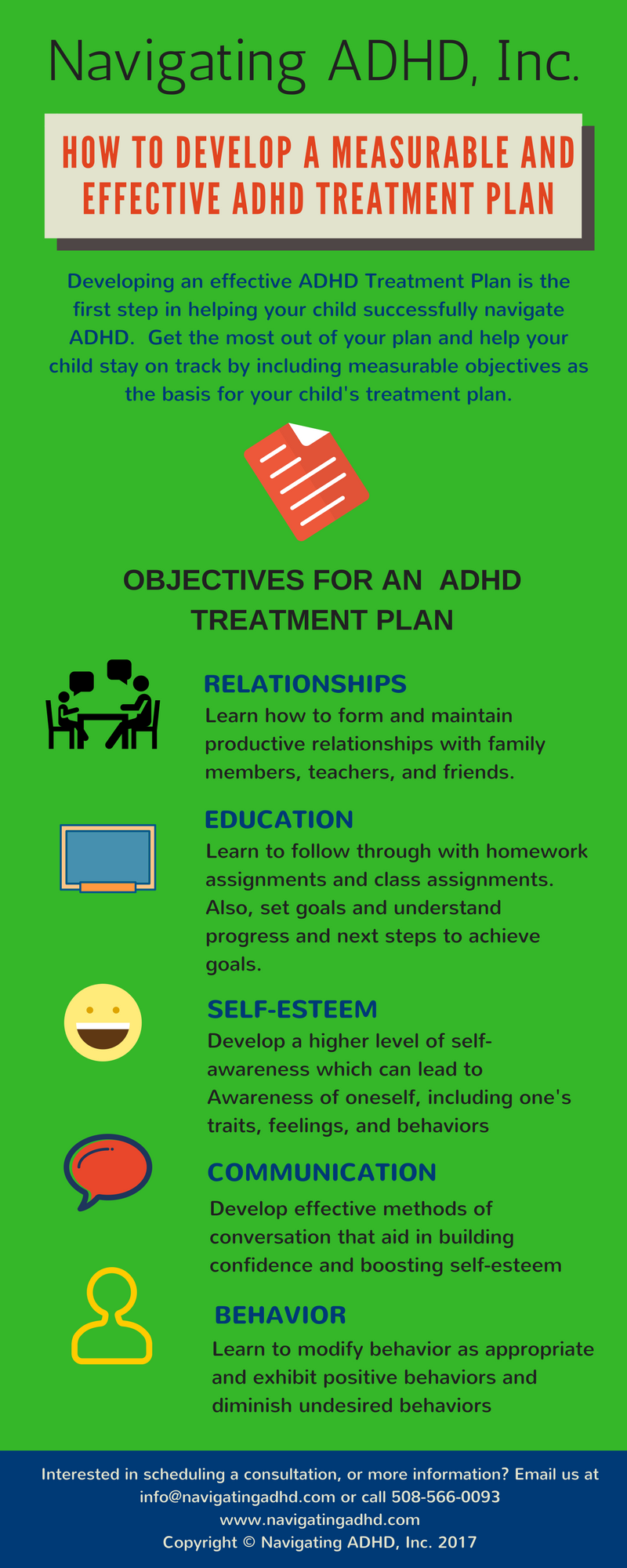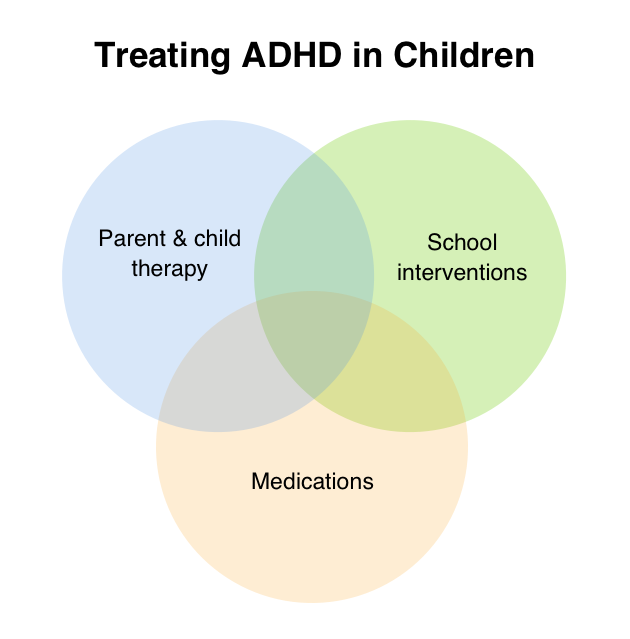The Advantages of Customized ADHD Therapy Plans for Better End Results
The application of tailored ADHD therapy plans has arised as an essential strategy in enhancing therapeutic results for individuals impacted by this problem (ADHD treatment). By identifying the unique manifestations of ADHD in each person, these personalized treatments advertise higher interaction and inspiration, eventually leading to extra efficient coping methods.
Understanding ADHD Irregularity
Although Attention-Deficit/Hyperactivity Problem (ADHD) is commonly perceived as a particular problem, its indications can vary significantly amongst individuals. Sex distinctions likewise play a role, as males are much more frequently detected with ADHD and typically show much more overt symptoms, whereas females might offer with much less apparent inattentiveness.
Moreover, people with ADHD might experience a range of psychological and behavior difficulties, such as stress and anxiety or oppositional defiance, that can complicate diagnosis and treatment. The interaction of these factors can bring about varied experiences of ADHD, demanding a nuanced understanding of the disorder. It is also worth noting that ADHD can offer in different ways throughout different cultural contexts, affecting how symptoms are identified and dealt with. This understanding underscores the significance of recognizing ADHD as a multifaceted problem, which asks for customized approaches to treatment that consider the special demands and experiences of each individual.
Trick Elements of Personalization
Individualized ADHD therapy strategies are grounded in several crucial elements that make certain effective administration of the problem. An extensive evaluation is critical, involving standardized rating scales, meetings, and behavior monitorings. This complete evaluation allows clinicians to understand the person's distinct signs and symptoms, toughness, and challenges.
2nd, the involvement of several stakeholders, consisting of parents, teachers, and the person, contributes to a holistic sight of the individual's demands. Partnership promotes a supportive setting that can adjust to the person's context and way of living.
Third, therapy plans need to be versatile and adaptable, permitting for adjustments based on recurring feedback and the person's evolving requirements. This flexibility enables the integration of different healing methods, such as behavior treatments, psychoeducation, and medication monitoring.
Additionally, social and contextual elements need to be thought about. Recognizing the individual's history, values, and preferences ensures that the treatment matters and respectful.
Lastly, normal follow-ups and evaluations are necessary to check development and make required changes. By focusing on these essential components, customized ADHD therapy strategies can considerably improve the performance of interventions, bring about boosted outcomes for people with ADHD.
Enhanced Involvement and Inspiration
To properly advertise boosted engagement and motivation in people with ADHD, it is important to integrate methods that resonate with their passions and toughness. Personalized therapy strategies that straighten with a person's passions can lead to increased engagement in healing activities, fostering a feeling of possession and enthusiasm for the process.
Using interactive and imaginative methods can likewise considerably improve motivation. Integrating gamification elements or real-world applications of abilities can make jobs much more enticing and relevant. This not only records interest yet likewise reinforces finding out with pleasurable experiences.
Furthermore, establishing achievable and purposeful goals tailored to the individual can boost motivation. When people see their progress towards directly substantial goals, they are more probable to stay involved. Regular responses and recognition of success can further endure inspiration, developing a favorable responses loophole that encourages continued initiative.
Finally, fostering an encouraging setting where individuals really feel comprehended and valued can dramatically influence their involvement levels. When treatment strategies are created collaboratively, incorporating input from the individual, they are most likely to really feel bought their trip, eventually leading to improved end results in taking care of ADHD.
Improved Coping Approaches
Developing enhanced dealing approaches is important for individuals with ADHD, as it equips them with efficient tools to browse daily challenges. A tailored therapy strategy permits for the recognition of certain coping mechanisms tailored to the person's distinct demands and scenarios - ADHD treatment. Methods such as mindfulness, time management skills, and organizational strategies can be incorporated into day-to-day routines, promoting a feeling of control and minimizing anxiety
Mindfulness practices, including reflection and deep-breathing exercises, aid people with ADHD concentrate their interest and regulate their feelings. Time administration methods, such as making use of timers or damaging jobs into smaller, workable steps, can alleviate sensations of bewilder. Furthermore, business tools like coordinators and checklists can improve effectiveness and responsibility.
Long-lasting Positive Outcomes
Executing customized ADHD treatment plans can lead to significant long-term favorable end results for people. These tailored methods, which consider distinct symptoms, choices, and life conditions, assist in a lot more efficient management of ADHD symptoms with time. By concentrating on the certain needs of the individual, these strategies improve adherence to treatment methods and Mental Health Services foster higher interaction in therapeutic tasks.

Moreover, personalized therapy strategies can substantially decrease the risk of comorbid conditions, such as stress and anxiety and anxiety, which are typically connected with ADHD. Early intervention and regular support help people develop resilience and coping strategies, promoting total psychological health.
Ultimately, the lasting positive end results of customized ADHD therapy plans not just boost the lifestyle for people however additionally contribute to their general well-being and success in different life domains. This alternative strategy highlights the relevance of individualized treatment in taking care of ADHD efficiently.
Conclusion
